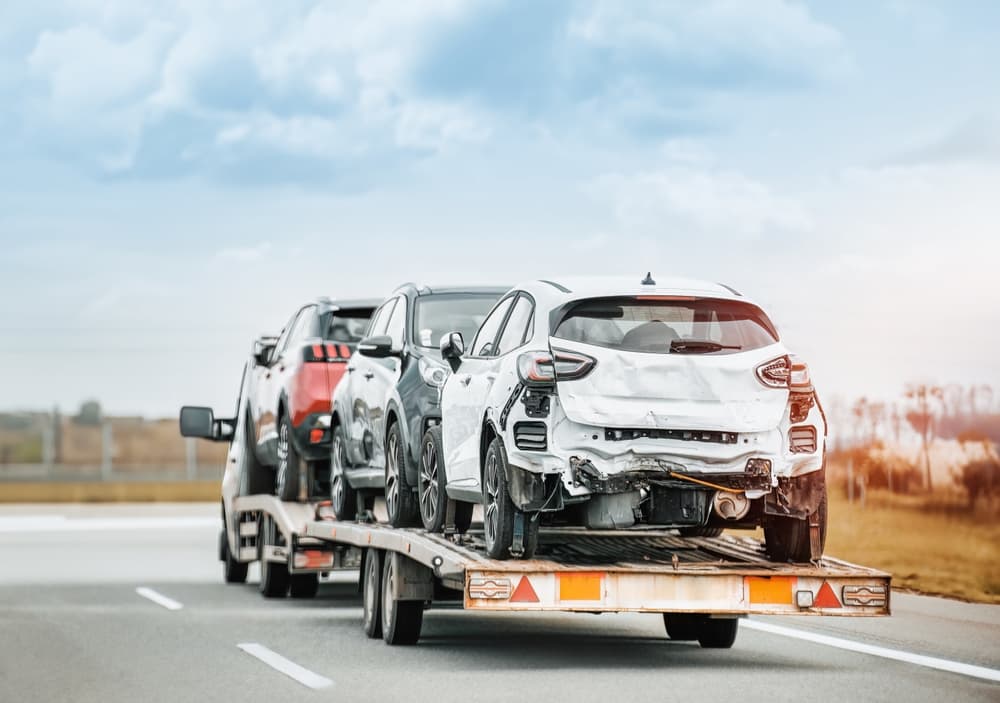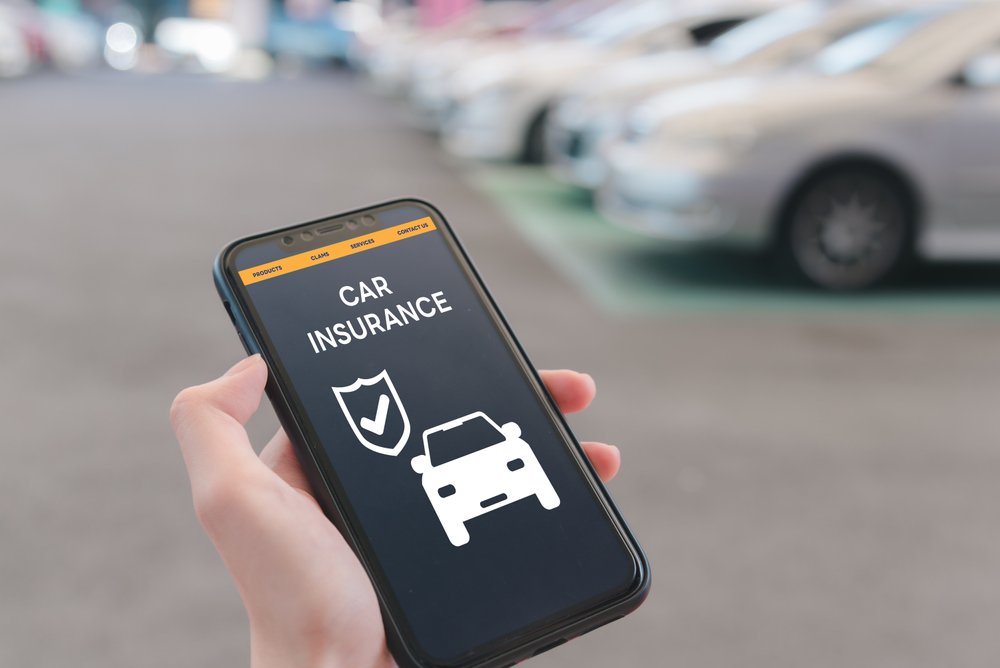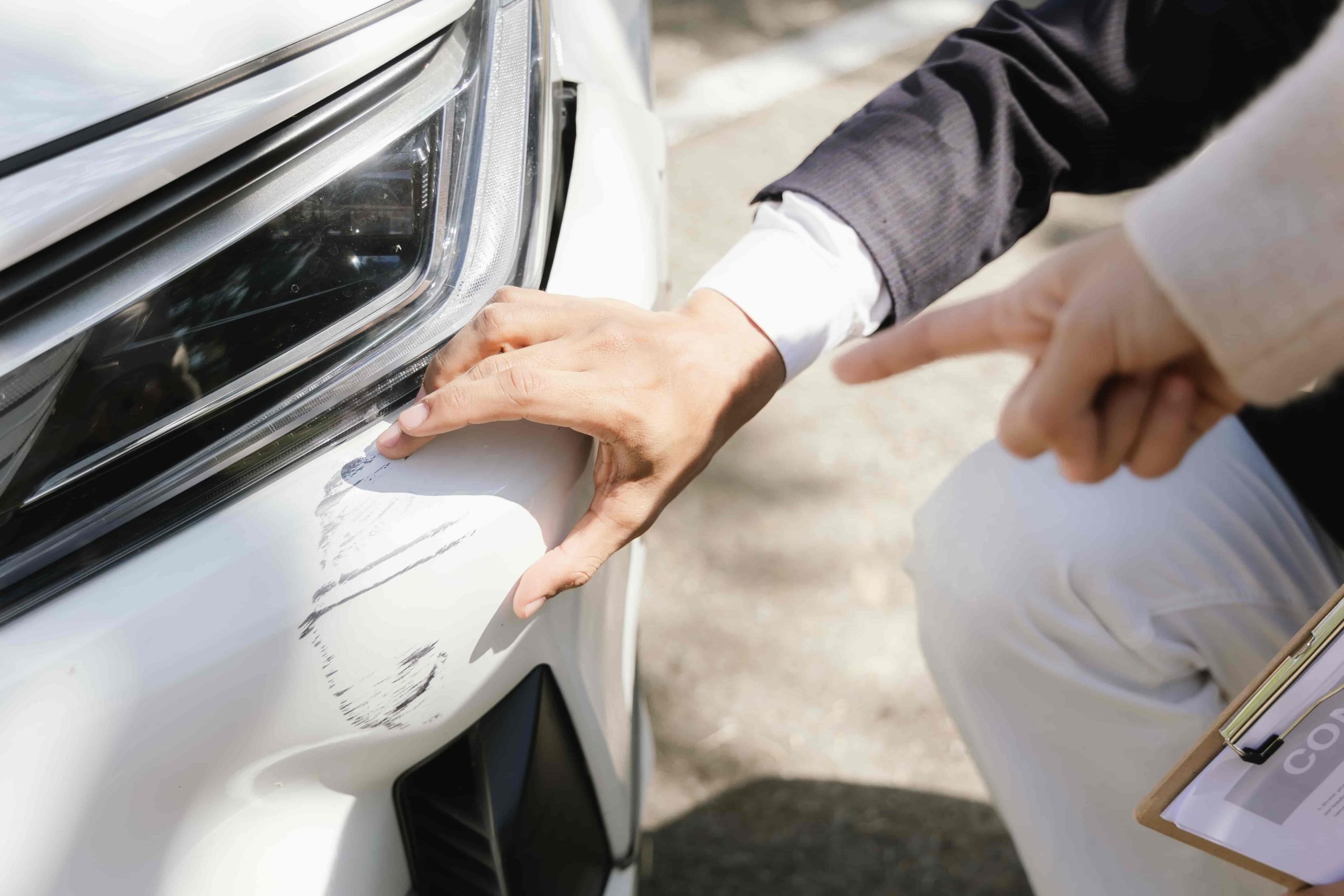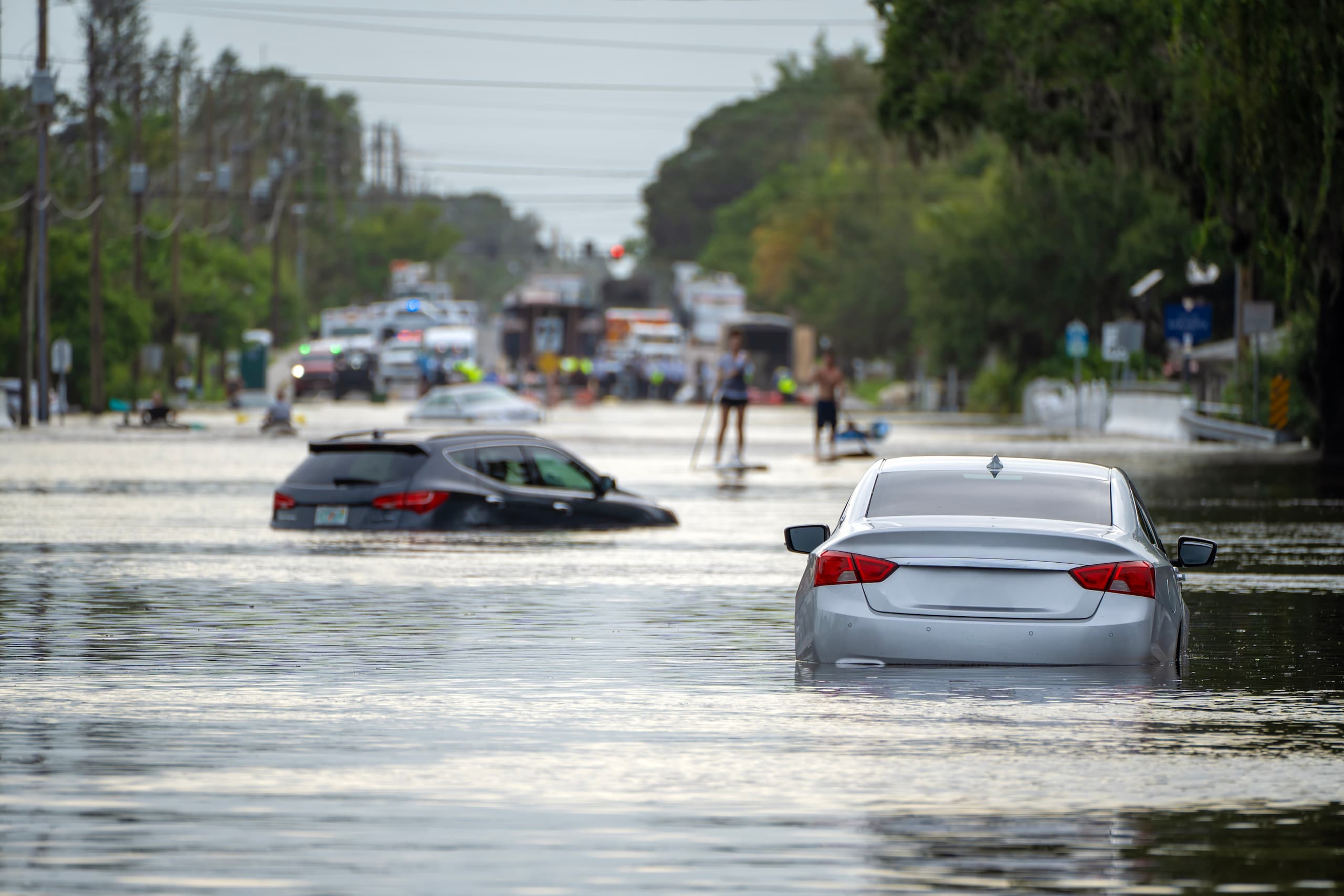Experiencing a car accident or significant damage to your vehicle can be stressful. If your car is declared a total loss by your insurance company, it can leave you with questions about the claims process, your payout, and next steps. Understanding what happens when your car insurance totals your vehicle in California can help you navigate the situation more confidently and protect your financial interests.
Understanding a Total Loss Claim
A total loss claim occurs when the cost to repair a vehicle after an accident or damage exceeds a certain percentage of the car’s current value, which your insurance company typically determines. In California, insurers generally declare a vehicle totaled if the repair costs are close to or exceed 70-80% of the car’s actual cash value (ACV).
When Will an Insurance Company Total a Car?
Insurance companies consider several factors when deciding whether to total a vehicle. These include the car’s age, condition, mileage, and market value, as well as the estimated repair costs. Older or highly depreciated vehicles are more likely to be declared totaled after a severe accident. Understanding these criteria helps set expectations for whether your vehicle may be totaled.
How Insurance Calculates Your Payout
Once your car is declared a total loss, the insurance company calculates your payout based on its ACV, which reflects the car’s market value before the accident. Factors such as make, model, year, mileage, condition, and local market pricing all play a role in this calculation.
So, how much does insurance pay for a totaled car? While it varies by vehicle and insurer, the payout usually reflects the current market value, not the amount you originally paid for the car or what you owe on a loan.
Policies that offer replacement cost coverage for newer vehicles may allow you to get a car of similar value to your totaled one. Reviewing the calculation and asking your claims adjuster for a detailed breakdown can help you understand how much your insurance will pay for a totaled car.
What to Do If Your Car Is Declared Totaled
If your car is officially declared a total loss, there are several steps you should take to protect yourself financially and smoothly transition to a replacement vehicle:
- Review the Insurance Offer: Carefully examine the settlement offer provided by your insurance company. Confirm that the ACV is accurate and reflects your car’s condition and mileage.
- Negotiate if Needed: If you believe the valuation is too low, provide documentation such as recent maintenance records, receipts for upgrades, or local market listings for similar vehicles to support a higher payout.
- Handle the Loan or Lease: If you financed or leased your car, the payout usually goes directly to the lender. Ensure any remaining balance is addressed and discuss options for getting a replacement vehicle.
- Title Transfer and Vehicle Disposal: Once the insurer totals the vehicle, they typically take ownership. Make sure the title transfer process is clear to avoid any future liabilities.
- Secure a Replacement: Use the payout to purchase another vehicle, considering whether your policy offers replacement coverage or if additional savings will be needed.
What Happens When Insurance Totals Your Car
When a car is totaled, the insurer assumes ownership and provides you with a payout. This process means you’re no longer responsible for the vehicle itself, but you’ll need to handle any remaining financial obligations, such as a car loan, and arrange for a replacement. Understanding this process helps you manage the transition more smoothly.
How Gap Insurance Can Help
For drivers who financed or leased their vehicles, there’s often a gap between the ACV payout and the remaining balance on the loan. This is where gap insurance can be invaluable.
How Much Will Insurance Pay for My Totaled Car?
Without gap coverage, you might owe thousands more than the insurer’s payout. Gap insurance covers this difference, ensuring that your loan is fully settled even if your car is totaled. This coverage is particularly beneficial for new vehicles, cars with rapid depreciation, or loans with minimal down payments. Having gap insurance in California provides financial protection and peace of mind during the replacement process.
Protecting Yourself After a Total Loss
Being prepared for a total loss helps reduce stress and protect your financial stability. Understanding how insurance calculates payouts, carefully reviewing settlement offers, and considering gap insurance can make the process smoother. By taking these steps, California drivers can handle a totaled car confidently and move forward without unexpected financial burdens.
Pronto Insurance offers customizable policies in California to protect you if your car is totaled. Contact us today for a personalized quote.













